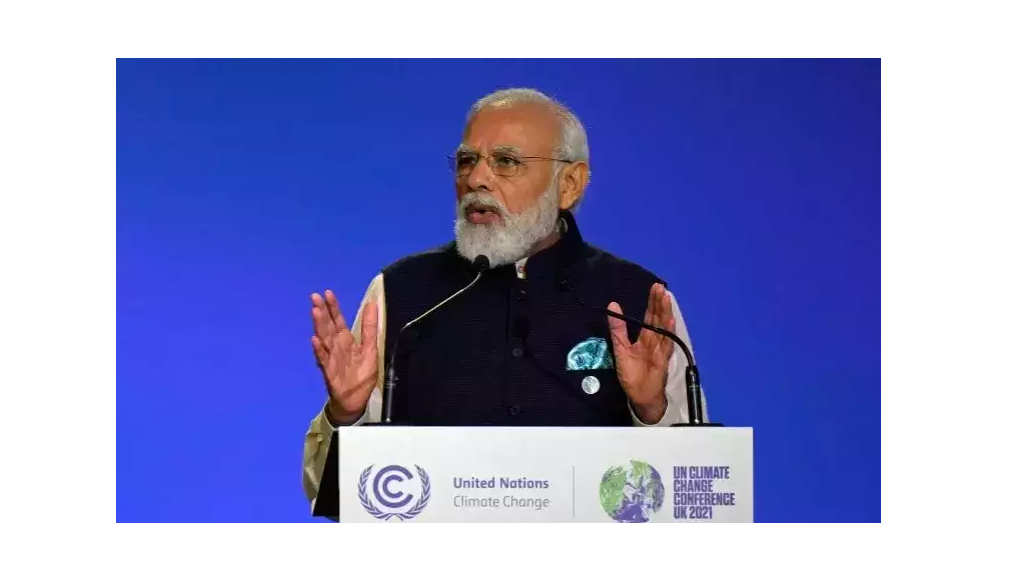Net-Zero लक्ष्य जल्द ही संचालित होगा
Net-Zero Target Will Soon Be Powered
India will soon witness increased use of hydrogen-powered vehicles for transportation. The world is moving towards achieving net-zero emissions in the transport sector, and hydrogen fuel has been identified as a key player in this mission. Last week, India took a significant step towards decarbonization by introducing two hydrogen-fueled buses in New Delhi.
The Minister of Petroleum and Natural Gas, Hardeep Singh Puri, recently unveiled the hydrogen-fuel buses acquired by the Indian Oil Corporation (IOC). Around 15 of these hydrogen-fuel buses are anticipated to be in operation by the end of this year. Renowned companies such as Ashok Leyland and Tata Motors are collaborating on HFCVs.
Although electric vehicles have carved out a niche in the automotive market, there may be better choices for larger four-wheelers and heavy-duty vehicles. Instead, hydrogen fuel cell vehicles (HFCVs) could offer a superior solution to environmental concerns. HFCVs boast a quicker refueling process than EVs, which can take significant time to charge.
“While EVs are in great focus currently, there will be a momentum for hydrogen fuel cell vehicles with a variety of sources for hydrogen production, quick refueling time, longer range, fast reducing the overall cost of fuel cells and lower GHG emissions in heavy-duty vehicles.” Dr R. K. Malhotra.
It is now widely recognized that decarbonization is crucial, and the efficiency of hydrogen fuel is also being acknowledged. However, the government must focus on addressing the most significant challenges of availability and viability. Establishing secure infrastructure to decrease risk and guarantee ease of use for consumers is an important responsibility that demands a significant investment of time, funds, and effort. In order to make hydrogen fuel cell vehicles (HFCVs) practical and accessible, the government needs to step forward and provide financial support to offset the cost of fuel.
“A subsidy of Rs 40-50 kg for some will bring the cost closer to blue hydrogen and carbon credits may bring the cost closer to grey hydrogen,” expressed concerns, Dr R K Malhotra, President, the Hydrogen Association of India.
It is imperative to take action against climate change and implement effective solutions. However, in countries like India, where the middle class is the central part of the economy, it is equally essential to produce cost-effective vehicles and fuel. Addressing critical factors such as building infrastructure and affordable charging stations should be prioritized. Replacing public vehicles may be feasible for the government, but encouraging private car owners to switch to eco-friendly options poses a challenge.
Kindly share your feedback on the content in the comment section. To receive more such updates, follow Airr News, and don’t forget to like, share, and subscribe.
#hfcvs #evs #hydrogenfuel #greenhydrogen #fossilfuel #decarbonize #netzerotarget #zeroemission #tatamotors #ashokleyland #indialoil #hardeeppuri #hydrogenassociationofindia #rkmalhotra #pmmodi #atmanirbharbharat




